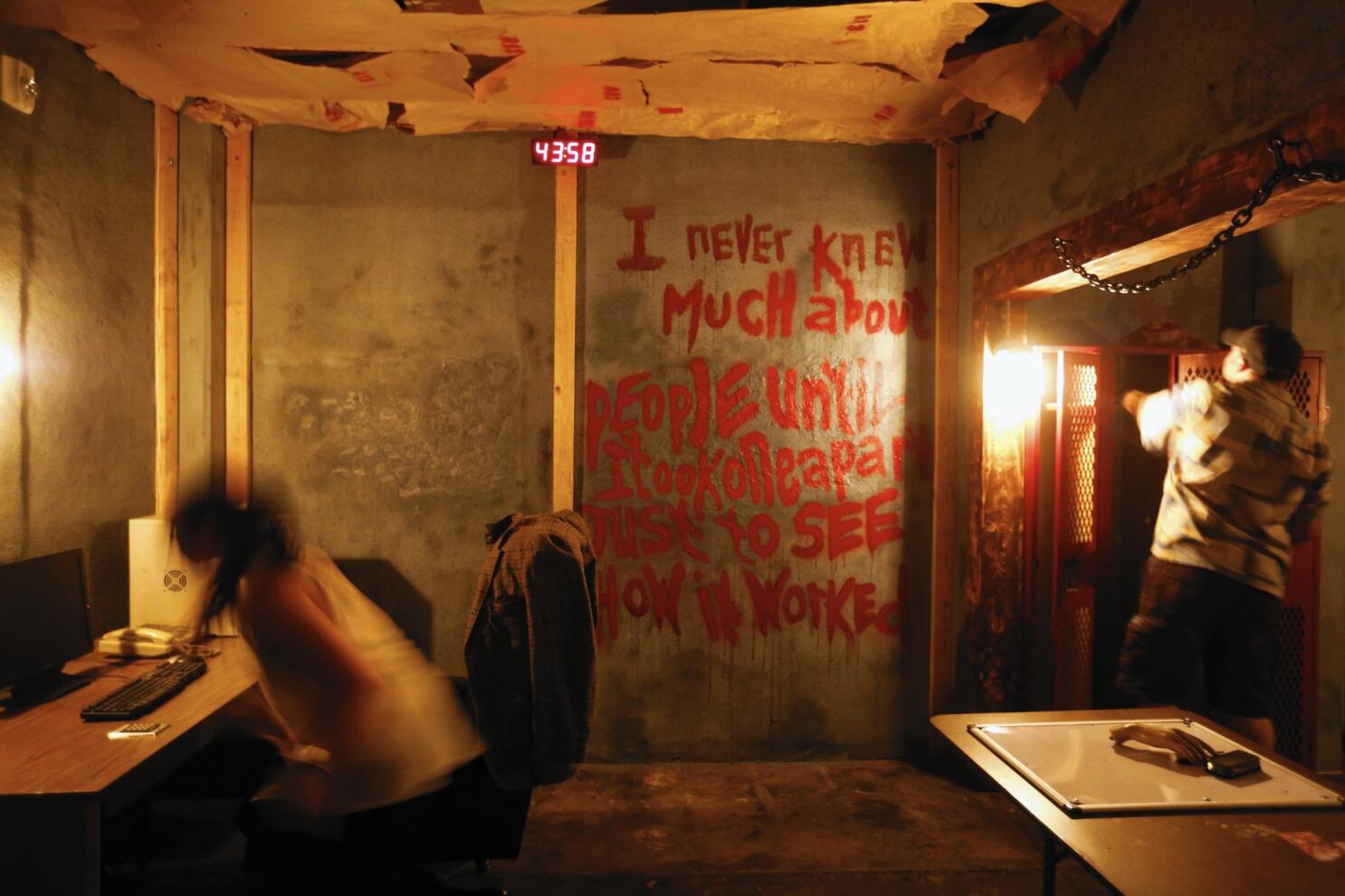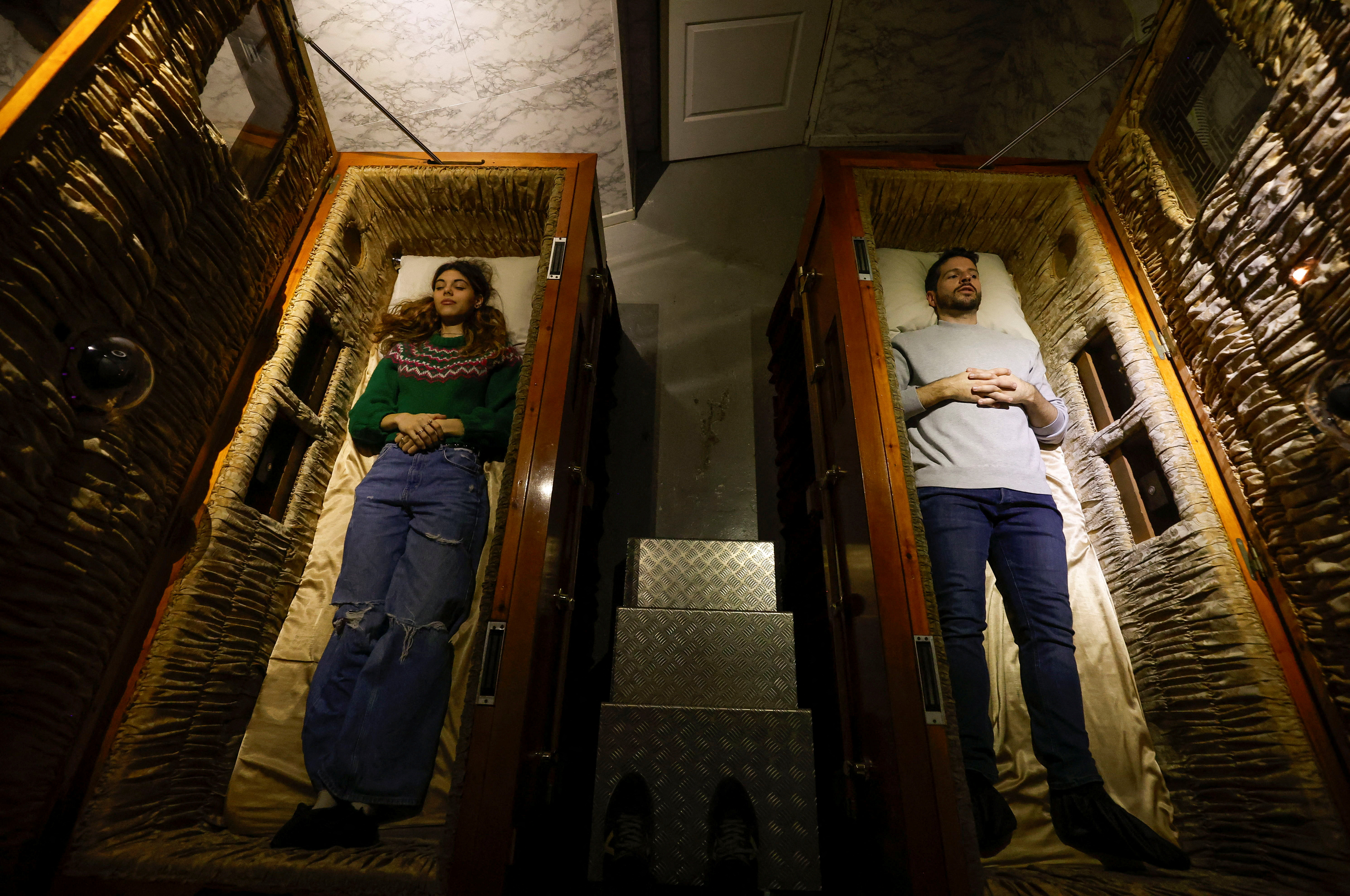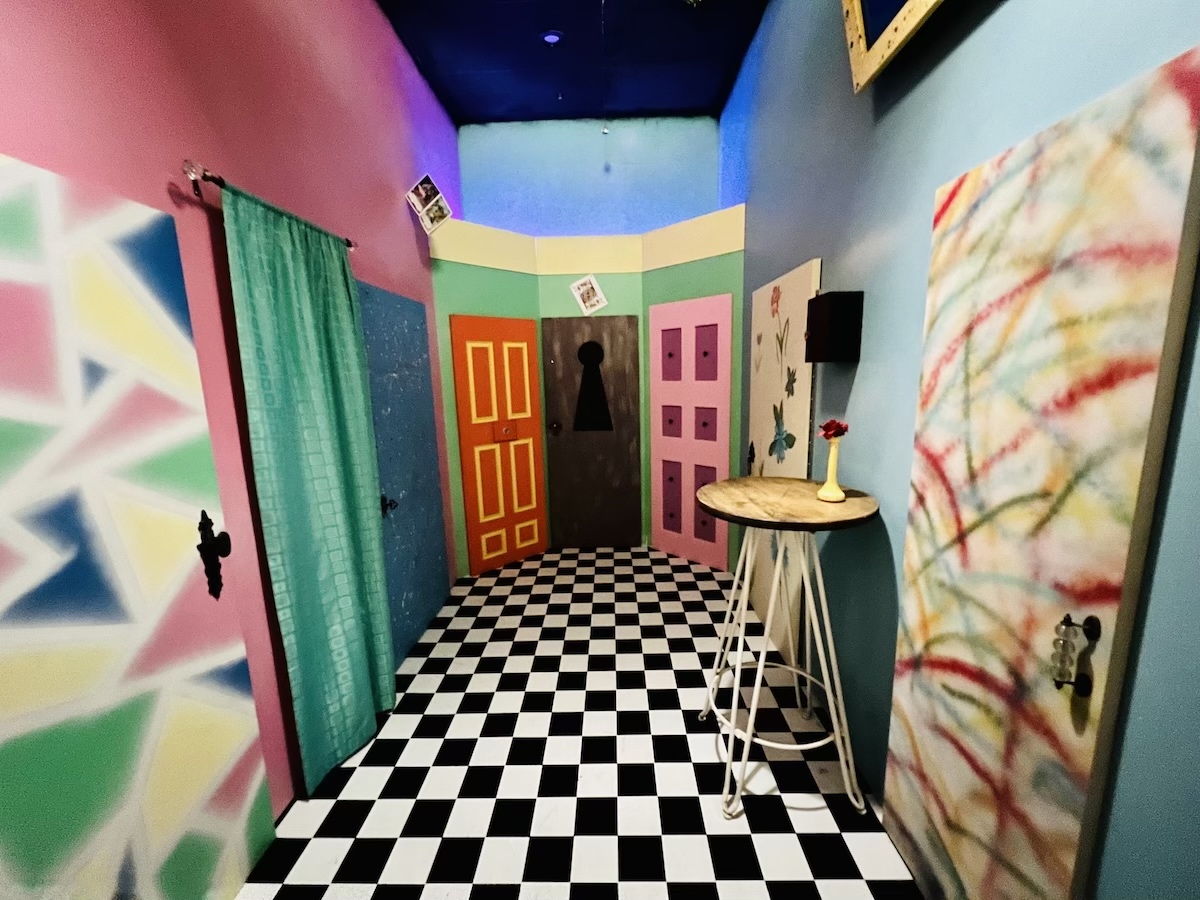Team Techniques: Exactly How to Collaborate Effectively in a Retreat Space
Browsing the intricacies of an escape area necessitates greater than plain enthusiasm; it calls for a well-coordinated technique grounded in clear interaction, calculated function tasks, and skilled time management. Groups must actively pay attention per participant's understandings, assign functions that straighten with private toughness, and maintain normal check-ins to ensure focus and protect against redundancy. By cultivating an atmosphere that values cohesion and adaptability, groups can significantly heighten their efficiency and success rates. The nuances of these approaches can transform the experience, however just how exactly can they be applied to make the most of the potential for success?
Establish Clear Interaction

To assist in clear interaction, it is necessary to assign a central point of get in touch with for information circulation. This function involves summing up searchings for and suggested strategies to guarantee everyone stays on the same web page. Additionally, embracing a systematic technique to conversations can avoid disorderly exchanges. For instance, brief, focused updates from each team participant can keep the team notified without overwhelming them with info.

Designate Duties Tactically
While clear communication sets the foundation for effective team effort, appointing functions strategically ensures that each staff member's toughness are utilized properly. In an escape room circumstance, the time-sensitive and complicated nature of challenges necessitates a well-organized approach to job delegation. By identifying and leveraging specific expertises, groups can enhance their problem-solving abilities and improve overall efficiency.
First, evaluate the distinct abilities and qualities of each participant. Somebody with a keen eye for information may succeed in discovering concealed objects, while a rational thinker can be much better fit to resolving problems. It's equally vital to have a leader that can oversee development, handle the timeline, and make definitive phone calls when necessary. This function typically calls for strong business and social abilities.
Second, make certain that roles are flexible and adaptable. As brand-new challenges emerge, the team has to be able to pivot, reapportioning jobs as needed. This adaptability helps maintain momentum and avoids bottlenecks that could occur due to rigid role tasks.
Eventually, a critical method to function job not only makes best use of the toughness of each staff member but also promotes a natural atmosphere, driving the group towards an effective escape.
Make Use Of Diverse Abilities
Acknowledging and harnessing the varied abilities within your team can significantly elevate your performance in an escape room. Each staff member brings distinct strengths to the table, and effectively leveraging these abilities can expedite analytic and improve total efficiency. For instance, an employee with strong analytical abilities may excel at figuring out complex codes or patterns, while another with eager empirical abilities may rapidly detect concealed clues that others may overlook.
Motivate group participants to articulate their understandings and concepts without delay, ensuring that all potential services are thought about. Furthermore, appointing tasks that line up with each participant's strengths can prevent traffic redirected here jams and make sure that development is continuous.
Furthermore, diversity in skills typically converts to diversity in believing designs, which is very useful in an escape space setting. While some difficulties may need sensible reasoning and precision, others could benefit from creative and lateral thinking. By recognizing and leveraging this variety, groups can deal with a wider variety of obstacles more effectively, therefore raising their possibilities of an effective escape.
Manage Time Efficiently

First, designate first mins for a quick study of the area. Recognize noticeable problems and separate jobs based upon employee' staminas, making sure that nobody is idle. Set inner time checkpoints to assess development regularly; as an example, goal to have half the problems addressed by the mid-point of the video game. This technique can help maintain the group concentrated and protect against time from sliding away unnoticed.
Furthermore, stay clear of tunnel vision. If a problem is taking as well long, turn team members or go on to one more difficulty, returning later with fresh viewpoints. Interaction is extremely important-- keep everyone upgraded on solved puzzles and continuing to be jobs to avoid redundant efforts.
Lastly, make use useful site of any tips or clues moderately but purposefully - best escape room. Recognizing when to ask for help can conserve valuable time. By sticking to these time administration principles, teams can significantly improve Click Here their opportunities of a successful and delightful getaway area experience
Debrief and Reflect
Representation is a vital facet of team growth and enhancement in the context of retreat rooms. Once the challenge is finished, whether effectively or otherwise, it is important for the group to take part in an organized debriefing session. This process enables employee to evaluate their performance, recognize toughness, and pinpoint locations for improvement.
Start the debrief by reviewing what worked out. Highlight details circumstances of effective communication, analytical, and collaboration. Identifying these positive habits enhances them and encourages their repetition in future difficulties.
Discuss moments of confusion, miscommunication, or ineffective methods. Encourage an open and constructive dialogue where group participants can share their perspectives without concern of objection.
Verdict
To conclude, successful partnership in a getaway space is asserted upon clear interaction, calculated function tasks, the reliable use of varied abilities, and competent time management. Regular check-ins and organized debriefings are important for preserving emphasis and promoting constant improvement. By developing a cohesive and flexible group atmosphere, the likelihood of effectively fixing problems and accomplishing the objective of leaving the area is substantially improved. This approach not just ensures success however additionally advertises cumulative growth and knowing.